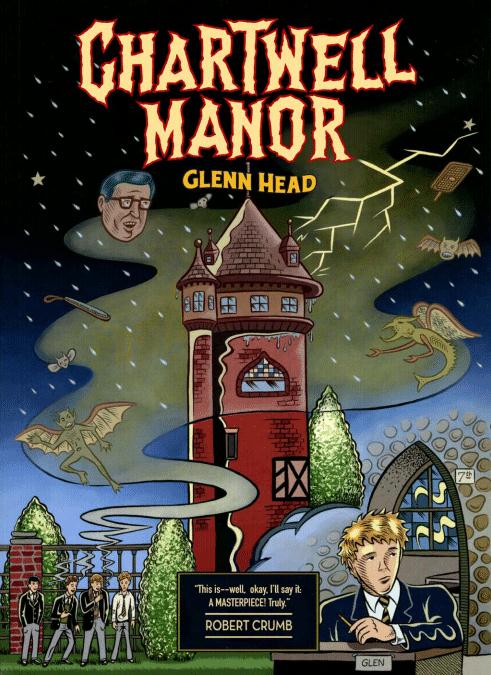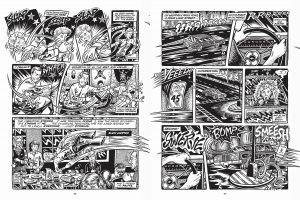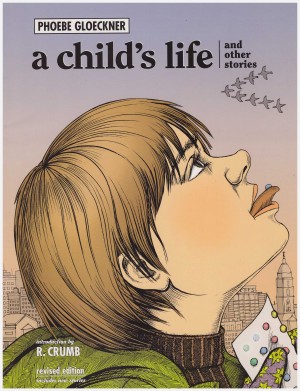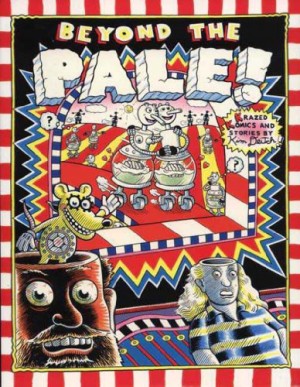Review by Frank Plowright
Chartwell Manor is Glenn Head’s brutally uncomfortable reflection on a period spent from the age of thirteen at an exclusive boarding school, and how the appalling experiences shaped his life. Head’s brief introduction notes he’s not attempted to exaggerate or sugar coat, just to present what happened.
Run by an Englishman, Chartwell Manor was intended to mimic the English boarding school, with all the pros and cons that implies: good opportunities, but an emphasis on discipline, obedience, allegedly character-forming deprivations and corporal punishment. The head teacher is rapidly revealed as the worst kind of hypocrite, presenting as a man of integrity while indulging in vices. He’s fond of spanking teenage boys, walks around the school in a dressing gown, and climbs into bed beside the boys to tell them totally unsuitable bedtime stories while molesting them. That’s only the beginning. With his parents initially distanced, there’s no-one the younger Head can turn to when the school experience rapidly deteriorates. Head’s frustration manifests as aggression, and he brings through well how in an enclosed environment the most excessive and unacceptable behaviour can come to seem normal.
It must have taken great courage on Head’s part to relive his formative horrors, let alone the hours spent recreating them on every page in his expressive underground cartoon style. Yet, while the topic is deadly serious and upsetting there are plenty of funny moments, most of them visual. Head’s early underground comic influences shine through when he’s illustrating altered states of mind via creative exaggeration, and a great artistic strength is conveying his feelings at any time.
Once away from Chartwell, Head still processes events, his parents separately not wanting to hear the truth unhelpful, advising he just move on and not let the past own him. There’s a direct connection to his subsequently going off the rails, although Head also stresses his parents’ finer qualities, noting their upbringing didn’t involve questioning anything.
Midway through there’s a jump to 1988, much of the intervening years covered in a previous graphic novel Chicago, where Head’s life is dissolute with suicidal thoughts, and in the emergent AIDS era far from safe. He’s not the only former Chartwell student with problems, and it’s an indictment of the American legal system that when headmaster Terence Michael Lynch is finally arrested in 1989 he’s able to afford quality legal defence while the credibility of his accusers is easily challenged due to their degenerative states after years of processing their Chartwell experiences.
Head was at Chartwell for just a year, but his life there affected the following thirty, and Chartwell Manor is a stronger graphic novel for connecting everything rather than only detailing abuse in isolation, refuting the fallacy that it’s possible to just move on with a life and let the past lie. It’s certainly not a comfort memoir, yet achieves Head’s intention of just setting things out the way they were. The abuse and turmoil requires no accompanying statement.








